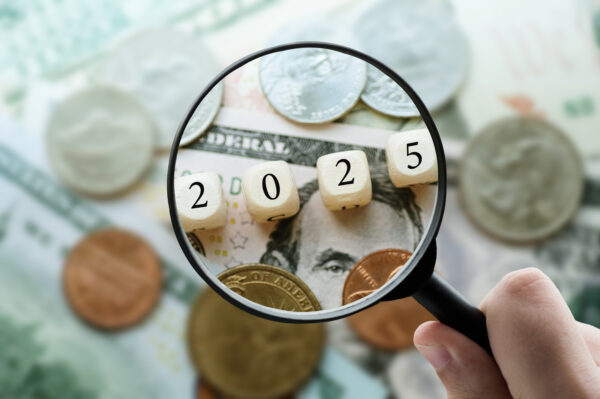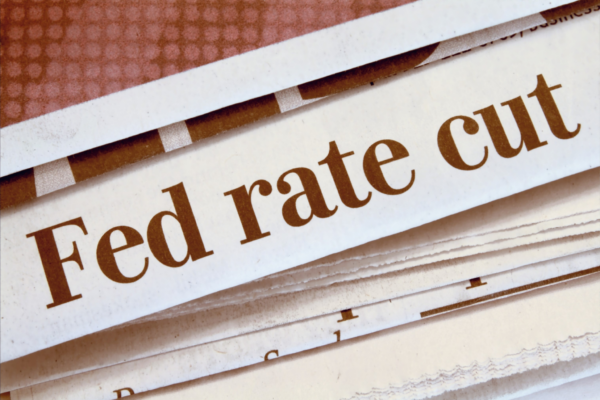Which Comes First, Paying Off Loans or Making Investments?
As you’re sitting down to set your financial objectives, you may find yourself with a bit of a chicken-and-egg problem. You’ve got two equally important goals: to pay off your student debt and to stash away cash for retirement. But which comes first? Which takes priority, loans or investments?
This is an age-old question in the financial planning community, as well as in the minds of consumers. And I wish there were a simple answer.
But alas, there’s not. The honest answer any real-deal financial planner will give you… is that it depends on your situation.
Unsatisfying, I know. But to clarify matters, let’s take a look at some examples.
Loans vs. Investments: A Case Study
Let’s say an attorney—we’ll call her Lisa—owes a total amount of $120,000 in student loans. (Hey, law school is pricy.)
Let’s say she’s got an interest rate of 6% and a 10-year payoff schedule. Our hypothetical attorney’s monthly payment would come out to $1,332. By the time her loan is paid off, she would have paid $39,869 in interest, for a grand total loan repayment of $159,869.
Now, let’s keep everything the same, except her payoff schedule, which we’ll up to 25 years. In this case, Lisa’s monthly payment comes out to $773… but at the end of that quarter century, she would have paid $111,948 in interest for a total loan repayment of $231,948. That’s over $70,000 more than she’d pay in the first scenario. That sure sounds like a lot of money!
But let’s throw one more wrench into the equation. What if Lisa went with the 25 year repayment plan, but took the $559 she saved each month and invested it into a tax-deferred account—one that is not taxed on growth, like a Roth IRA.
If she invested the money wisely enough to generate a 6% rate of return, which is fairly conservative, Lisa would end up with $379,886 in her investment account!
This might seem counterintuitive at first. If the interest rate on the loan and the market return are both 6%, how could Lisa end up with more money by investing than the loan’s repayment total?
And the answer to that question, my friends, is the magic of compound interest.
Compound Interest – The 8th Wonder of the World
Here’s how it works. In the case of the student loan, you’re repaying a balance. And once you start making payments and eating away at the balance, the interest has less and less to compound on. So long as you’re making large enough payments to cover both the principal and the interest, your balance begins to go down—as does the total amount of interest you pay, in turn.
But when you’re putting money into investments, that pool of cash is (ideally) growing—and it continues to compound over time. Your money earns more money, and that new money earns even more new money, etc, accelerating your total investment growth. In Lisa’s case, the difference turned out to be a whopping $147,938!
That should settle the debate then, right? Given those numbers, it seems like you should try to repay your debt as quickly as possible, but definitely prioritize investing.
Well, it’s still not quite that cut and dried. Let’s say Lisa stuck with the 10-year plan, but then invested the $1,332 that would have gone to her loans each month into that same tax-deferred investment account over the next 15 years.
Given that same 6% return, she’d end up with $384,027—a net gain of $224,158!
Mind. Blown.
When It Comes to Financial Priorities… You Do You
So, given the many hypothetical endings for Lisa, are you starting to see why my answer is it depends?
For starters, numbers are not living, breathing things. They don’t have emotions or careers or families. It’s easy to get numbers to do what we want them to do, but it’s not always that easy to corral our own brains. If it were, the diet and fitness industry would go extinct overnight, because we’d all just work out and eat 2,000 calories a day.
But we don’t. And the same goes for our finances. It takes discipline to stick to an investment plan… and life is full of surprises. What happens if we’re hit by a down market and our portfolio loses 30% of its value? Would we be able to stay the course and not sell everything in a panic? There’s a reason the average investor earns only a third of the return of the S&P 500.
On the other end of the emotional spectrum, paying off debt makes us feel good! It is a guaranteed return. Debt can feel like a huge anchor, keeping you from living your best life and fulfilling your aspirations. In fact, studies have shown that debt contributes to mental and physical health problems. In that sense, debt is literally killing us!
So instead of asking a sweeping question about the best financial tactic in general, you must instead ask a personal question of yourself: “Can I be disciplined enough to pay down my debt and invest the remainder? Or should I get it over with ASAP and enjoy life?”
As a CERTIFIED FINANCIAL PLANNER™, I want to empower you to do what feels right for you. But if you need help figuring out what exactly that is or how to get started, I invite you to reach out and ask.












